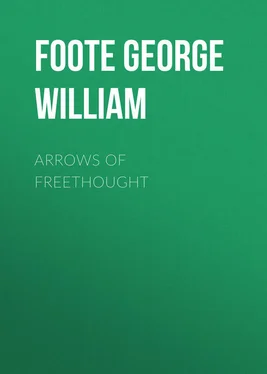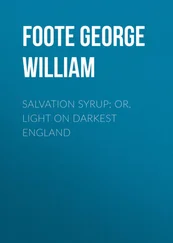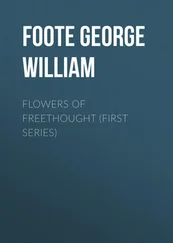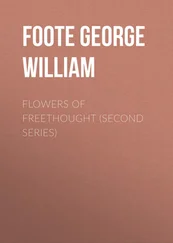Another influence was at work during that interval. Mainly through Carlyle, the treasures of German literature were opened up to English readers. The greatest German writers, from Leasing, Göethe, and Schiller to Fichte, Richter, and Heine, were outrageous Freethinkers compared with our own respectable and orthodox writers, and their influence soon made itself evident in the tolerance and courage with which English authors began to treat the great problems of morality and religion. German scholarship, too, slowly crept among us. Its Biblical criticism showed us the utter inadequacy of evidential works like Paley's, and made us see that the Christian Scriptures would have to be viewed in a very different light and studied in a very different spirit. To estimate the extent of this change, we have only to place Paley's "Evidences of Christianity" beside such a work as "Supernatural Religion." The gulf between these works is enormous; and it is notable that the more scientific and rigorous is the criticism of the New Testament books, the more heterodox are the conclusions reached. Even Scotland has been invaded by this German influence, and it now affords us the laughable spectacle of a number of grave ministers pursuing as a damnable heretic a man like Dr. Robertson Smith, whose only crime is having stated about the Bible nothing new, but what every scholar in Europe knows to be admitted and indisputable. These solemn ministers of the old creed are determined to keep the deluge of what they call "German infidelity" from flooding the valleys and mounting the hillsides of Scotland; but their heresy-hunts are just as efficacious against what they so piously dread as Mrs. Partington's mop against the mighty onrush of Atlantic rollers.
With the revolutionary movement of '48 came a fresh impulse from France. The great evangel of '89 had not perished; it was only in abeyance; and again it burst upon Europe with its words of fire. We all know how the Republic which was then established was soon suppressed in blood by the gang of adventurers presided over by Napoleon the Little. But the day of retribution came, and the empire went the way of all tyrannies. On its ruins the Republic has been established anew, and now it reckons in its service and among its champions the best intellects and the noblest characters in France; while the masses of the people, taught by the bitter lessons of adversity, are also content to enjoy the benefits of ordered liberty and peaceful progress under its benign sway.
Now French progress has always been a question of ideas no less than of material advantage. The great democratic leaders in France have nearly all been avowed Freethinkers. They have separated themselves alike from "the blood on the hands of the king and the lie at the lips of the priest," being perfectly assured that outward freedom in politics is in the long run impossible without inward freedom of thought. The chief statesman in France, M. Gambetta, has publicly declared himself a disciple of Voltaire, and neither at the marriages nor at the funerals of his friends does he ever enter the doors of a church. He stays outside and quietly allows those who desire it to go in and listen to the mumbling of the priest.
My purpose, however, being literary and not political, I must recur to my remark that a fresh impulse came to us from France after the revolution of '48. Lamartine at first exercised considerable influence here, but gradually Victor Hugo's star ascended, and from the moment it reached the zenith until now, he has been accounted the supreme poet of France, and the greatest contemporary evangelist of the ideas of '89. He is a Freethinker as well as a Republican; and it was inevitable that the younger school of writers in England, who acknowledge him as a lofty master, should drink from his inexhaustible spring the living waters of Democracy and Freethought.
French influence on our very recent literature is evident in such works as Mr. John Morley's Studies on Voltaire, Rousseau, Diderot, and Condorcet; Mr. Christie's monumental Life of Etienne Dolet, the Freethought martyr; and Mr. Parton's new Life of Voltaire; all of which demand and will amply requite our attention.
Such are the influences which have conspired to shape the literary activities of the generation in which we live. Now Freethought, like a subtle essence, penetrates everywhere. Every book betrays its presence, and even the periodical literature of our age is affected by it. The Archbishop of Canterbury laments that Christian men cannot introduce the most respectable magazines into their homes without the risk of poisoning the minds of their families with heretical ideas.
Конец ознакомительного фрагмента.
Текст предоставлен ООО «ЛитРес».
Прочитайте эту книгу целиком, купив полную легальную версию на ЛитРес.
Безопасно оплатить книгу можно банковской картой Visa, MasterCard, Maestro, со счета мобильного телефона, с платежного терминала, в салоне МТС или Связной, через PayPal, WebMoney, Яндекс.Деньги, QIWI Кошелек, бонусными картами или другим удобным Вам способом.











